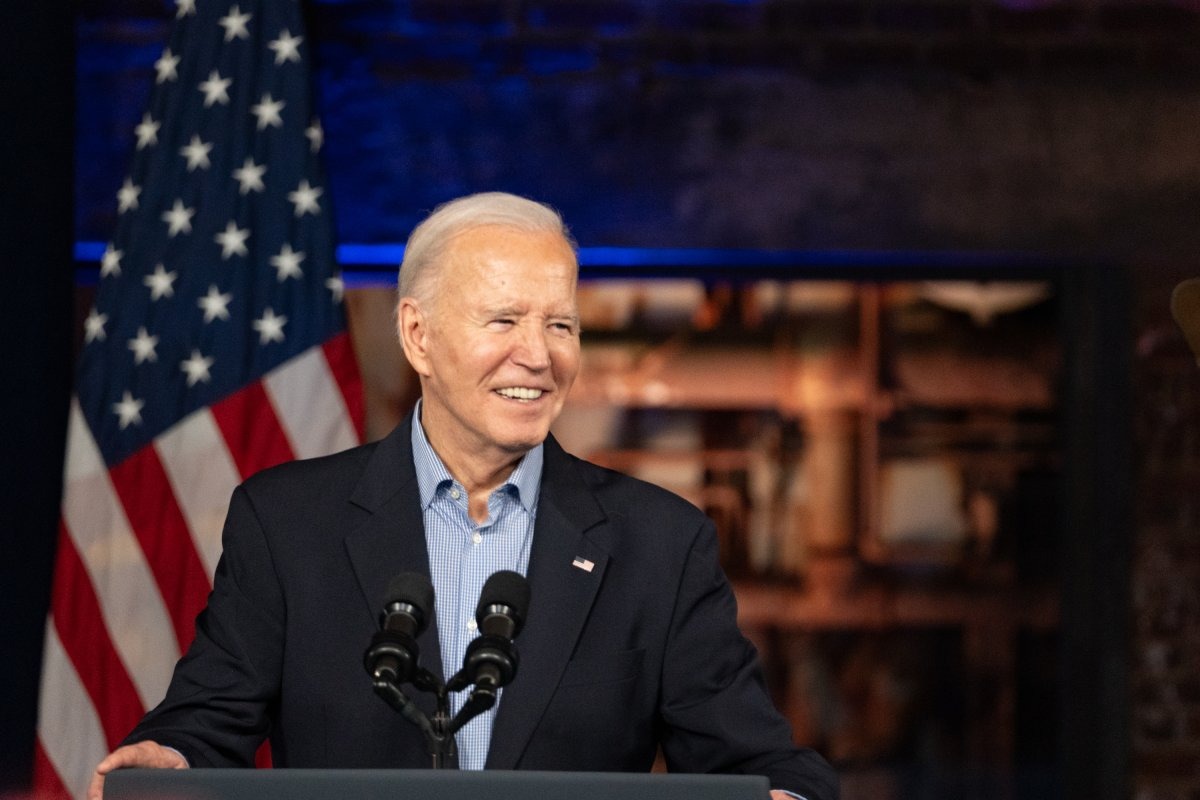President Joe Biden has unveiled a $7.3 trillion budget proposal for fiscal year 2025, emphasizing tax increases on corporations and high earners, alongside new spending on social programs.
The budget, which closely resembles last year’s plan that failed to gain traction in Congress, includes measures to address high consumer costs, strengthen border security, and provide aid to Israel and Ukraine.
However, with Republicans controlling the House and opposing Biden’s fiscal agenda, the budget faces significant challenges in becoming law.

Despite the slim chances of passage, the budget serves as a blueprint for Biden’s policy platform as he seeks re-election in November.
It aims to position him as a champion of increased government aid for various groups, including workers, parents, manufacturers, retirees, and students, and a leader in the fight against climate change.
Biden’s budget stresses additional spending programs that he has struggled to enact, such as lowering housing costs and expanding childcare and preschool access.
To offset the spending increases, Biden proposes roughly $5 trillion in new taxes on corporations and the wealthy over a decade, with half of the increases targeting corporations and the other half aimed at high earners.
The budget also includes tax cuts totaling $750 billion for Americans earning less than $400,000 a year. Biden argues that these tax increases are necessary to fund his proposed investments without adding to the deficit.

While polls show dissatisfaction with Biden’s handling of the economy and a preference for former President Donald Trump’s approach, Biden remains committed to his economic policy strategy.
He plans to raise the corporate tax rate to 28 percent from the current 21 percent and implement other measures to increase revenue from high-income individuals and corporations.
Critics, including House Republicans, argue that Biden’s budget does not reduce deficits sufficiently and relies too heavily on tax increases.
Republicans released their own budget proposal, aiming to balance the budget by the end of the decade, but some analysts have criticized it as unrealistic.
Despite these criticisms, Biden and his administration believe that the projected deficits in the budget will not harm the economy. They argue that targeted spending and tax policies are necessary to support growth and the middle class, rather than pivoting to more aggressive deficit reduction measures.


